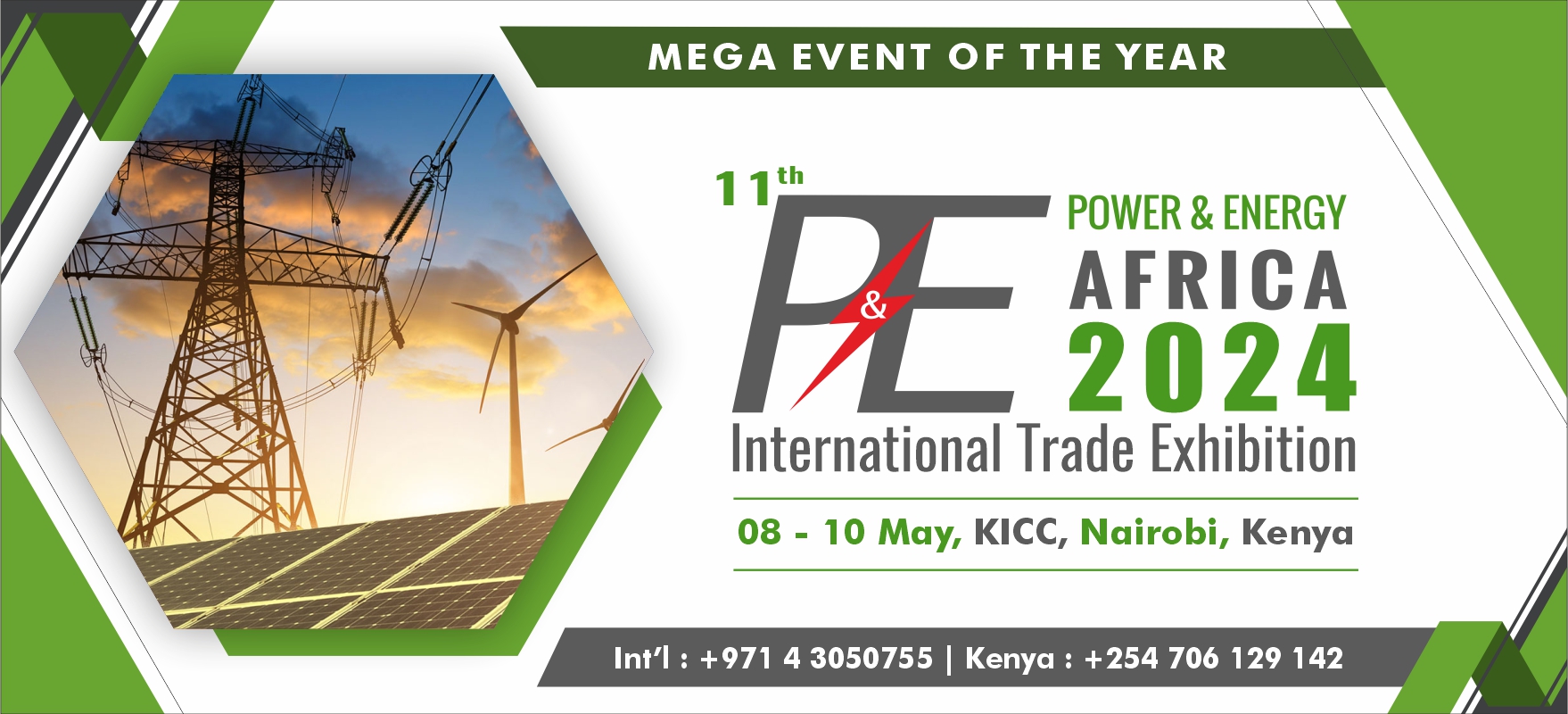[media-credit id=1 align=”alignnone” width=”530″] [/media-credit]
[/media-credit]
Nowadays the most important challenge for African companies is to gradually break the chain of economical dependency upon European nations: This is made possible by the attraction in the African territory of investments by African industrial services, and commercial enterprises. A process synthesizable with the expression “Africans Investing in Africa”. Many African companies, like the Dangote Group, are offering their contribution in order to achieve this vision for the continent, whose economic realities cooperate to reach a complete economic self-actuated development. However everything is made more complicated by the lack of reliability of states, governments and institutions, which in many situations do not respect and maintain crafted legal investment agreements.
According to Professor Ehiedu Iweribor, the parlous story of African economic and social development since the obtainment of the independence from colonial regimes is mostly characterized by the failure to achieve the autonomous capacity for self-actuated development and in particular to create conditions of national and continental modern mass production and prosperity: this is a tale which does not need to be repeated any longer. It is enough to re-state that Africa’s failure to build an efficient economic model was because of the leaderships’ choice to retain, maintain and expand the inherited exocentric colonial system of development incapacitation, primary commodity export, import dependency and poverty generation: a system that had to be abandoned once and for all, so that Africa could demonstrate to other countries how the continent actually had conquered its own freedom, non only political, and had found its place in the world.
Old and New Dependency
Anyway not all of the African countries decided to accept passively this easy solution and some African states and leaders made several progressive efforts to change the system and create self-reliant economies were stymied by the leaderships’ ideological inadequacies and dependency, the balance of payment crises of the late 1970s and 1980s and the subsequent economic crises and decline. This provided the creation of a path – for Western multilateral imperialist agencies the World Bank and the IMF – whose aim was to successfully infiltrate into Africa, re-colonize African states in a more subtle way and so convert them into neo-colonial out-posts of the so-called neo-liberal consensus. This framework embodied in the Structural Adjustment Programmes (SAP) with its destructive conditions, which determine a sort of new modern slavery for those who suffer them: currency devaluation, trade liberalization, subsidy removal, deregulation and privatization, re-directed the African states to focus on expanding raw materials production and exports and to shelve industrialization.
The application of these anti-development SAP dogmas in the 1980s and 1990s ushered in two decades of deepening indebtedness and impoverishment, serious economic crises, de-industrialization, socio-economic decline and political repression: the opposite which a continent in the pursuit of the economic strength and influence would need. On the other hand, many positive results were attained in different fields, like the inauguration of popular struggles for the restoration of electoral democracy, civil rights campaigns and the decline of military interventions in African politics, all signs of a renewed socio-political stability, which supported the business through the creation of environments able to attract investments from abroad. Even in the economic sphere there were innovative dependency-reducing responses: this was because among businesses there was an increasing re-orientation to expand production toward local sourcing of well-known agricultural and mineral endowments. This led to the emergence of new economic sectors, based on the expansion of cottage and on small and medium scale consumer goods industries which managed to be operationally autonomous due to the increased utilization of local resources for production and self-development.
Africa Rising” and “Africans Investing in Africa”: The new way to consider the African reality
It was partly because of these new domestic conditions and the economic self-activation, and the partly because of return of better commodity prices in the first decade of the 21st century that the Western media fabricated and propagated the new view of “Africa Rising”, a very popular and re-assuring slogan among some African leaders, politicians and intellectual people: it was the beginning of an original conception of Africa, not seen anymore as the weak and backward part of the world, but as an unexplored land full of opportunities. However, such a concept does not represent genuine African development that is based on expansive domestic production and prosperity generation. It merely reinforces African dependency on primary commodity export and its dependence on the importation of manufactured goods. Facing the truth, this expression, symbol of hopes and potentialities related to Africa, is evaporating with the speed with which it was proclaimed: the main risk is a fast return to a very hardly eradicable sense of pessimism about Africa’s chance of gaining economic independence, attract capitals and establish relevant commercial routes.
But there was a new consequence due to the attitude towards the African continent: the fact that more and more African businesses companies are assuming the leadership role in promoting national and pan-African development. This new trend is captured by the new concept of “Africans Investing in Africa”, process by which African industrial, service, and commercial enterprises began to make large-scale investments in many different African countries. The investments involve for example the expansion of Banks, telecommunication companies, trading companies and so on. Examples of these include Nigerians Banks like UBA, Zenith, Access, First Bank; South African banks like Standard Bank and Moroccan Banks; Telecommunication companies such as MTN of South Africa, ECONET of Zimbabwe and GLOBACOM of Nigeria. Others are Shoprite, Coca cola and South African Breweries.
While Africans investing in Africa is becoming common and commendable, it is important to emphasize that NOT ALL African investments in Africa are of equal economic importance or strategic development value: not every intervention worthies the same as another one. For example, African investments like Shoprite and similar companies which merely establish commercial or trading enterprises that do not add value to African economies are no different from traditional non-African FDI companies that are established to create captive markets for products from their home countries and thereby maximally exploit Africa.
The reality represented by the Dangote Group and its unexpected enemies
On the other hand, African companies that make decisive and transformational investments are those that deliberately promote and advance African development capacitation, through local resource exploitation, mass industrialization, large scale industrial, agricultural and mineral production, and beneficiation for internal use. In terms of investment for development capacitation through local resource utilization and valorisation, the vanguard African company is the Dangote Group, whose purpose is to ensure that Africa achieves self-sufficiency in the infrastructure sector, turning the Group itself into the ascendant cement manufacturing company in Africa; in order to make it possible Dangote designed a pan-African investment strategy to establish integrated plants, or grinding plants or cement terminals in African countries according to their resource endowments. There is no doubt that the Dangotean strategy is what Africa requires to become the autonomous shaper of its own development and to create a secure model of growth able to sustain itself and the continental prosperity, without depending on the vagaries of external demand for primary commodities. All the projects designed by the Dangote Group and their concretization have generated significant direct employment opportunities and as they mature and attain full production capacity the multiplier effects in various sub-sectors would be expansive and extensive, thereby creating prosperity and income in the community as well as revenues for the local, regional and national the governments.
This Dangotean transformational mission and project is now been threatened by what seem like the unwillingness and inability of African countries to respect and maintain carefully crafted legal and previously stipulated investment agreements as sacrosanct documents and binding commitments. Within the past year the Group has faced major challenges as a result of the failure of some African states to keep their sides of the bargain or agreements concluded with Dangote Group. This happened late last year in Tanzania when the government seemed to renege on some elements within the agreements reached with the Dangote Group to give it concessions and incentives for the massive investments of over $500 million dollars that the Group made in the construction of the monumental cement plant in Mtwara, Tanzania. Such a case of government infidelity to the sanctity of agreements can only cause profound doubts and uncertainty among business people on the concrete will and capacity of African states and leaders to move Africa forward. But the Group’s challenges in Africa are not over. Just recently, in Ethiopia, the regional government of Oromo Regional State illegally cancelled legally approved mining agreements with the Dangote Group and other companies: agreements which would provide employment for jobless Oromo young people. In its place the regional government claimed that it would create youth owned companies that would now supply the minerals required by the cement and other plants.
The behaviour of African institutions: a danger for the continent’s progress
This action of the Oromo regional government in raise major questions on the genuine preparedness of African states, politicians, and bureaucrats to foster Africa’s self-development through Africans investing in Africa. Without question the action of these governments represents major challenges to Africans assumption of responsibility for their development and the emergent Affirmative Africa Narrative. These anti-investment actions are a sort of betrayal of the ideal of cooperation for a better Africa’s future and a repudiation of the long-standing aspirations of Pan-Africanism and its advocates, and the practical commitment of the continental organizations like the former Organization of African Union (OAU) and the current African Union (AU) to promote African-led development through investments, intra-African trade and exchange, as instruments for creating secure African development and domestic prosperity-generation, within a system structured on the African companies and people as proponents of their own richness and welfare. This is a good example of how some African leadership represent serious obstacles to African development. Any possible aspiration for Africa’s economic take off through self-actuated development, whose symbol are the transformational efforts of Dangote and similar companies for a pan-African economic revolution, is weakened by such leadership unfaithfulness, irresponsibility and lack of serious commitments to African investors: these elements make all the business and financial deals and agreements uncertain because of the risk of seeing disappointed the expectations.
Despite these set-backs, it is important for African states and the continental and regional economic groups to reaffirm their commitment to African-led transformational industrial development as the basis for Africa’s capacitation for self-actuated development. In this light, it is imperative to design Continental Investment Protection Agreements that would commit African states to respect and uphold already approved agreements and avoid arbitrary nullifications of legally binding instruments. An additional guarantor is for each African state to negotiate investment protection treaties with each other; in fact this is especially indicated for countries such as Nigeria where investors are increasingly embarking on Pan-African development investments. At the same time, the Dangotes’ position in this scenery of Africa as continental transformational vanguards should remain firmly committed to their chosen paths of legal profit making and simultaneous contribution to Africa’s transformation, economic development, prosperity-generation, psychological liberation, and the restoration of Africans dignity and equality with others in the world.

